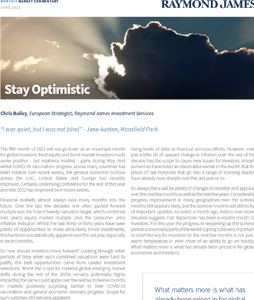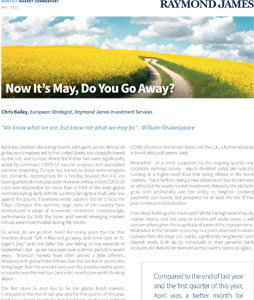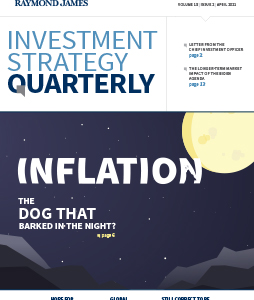Tokyo Olympics: Gold Rush
The glory of winning a gold medal is a massive incentive for athletes competing in Tokyo but the impressive bonuses on offer add another more lucrative dimension to the games. The size of the bonus on offer varies hugely by country.Continue reading










